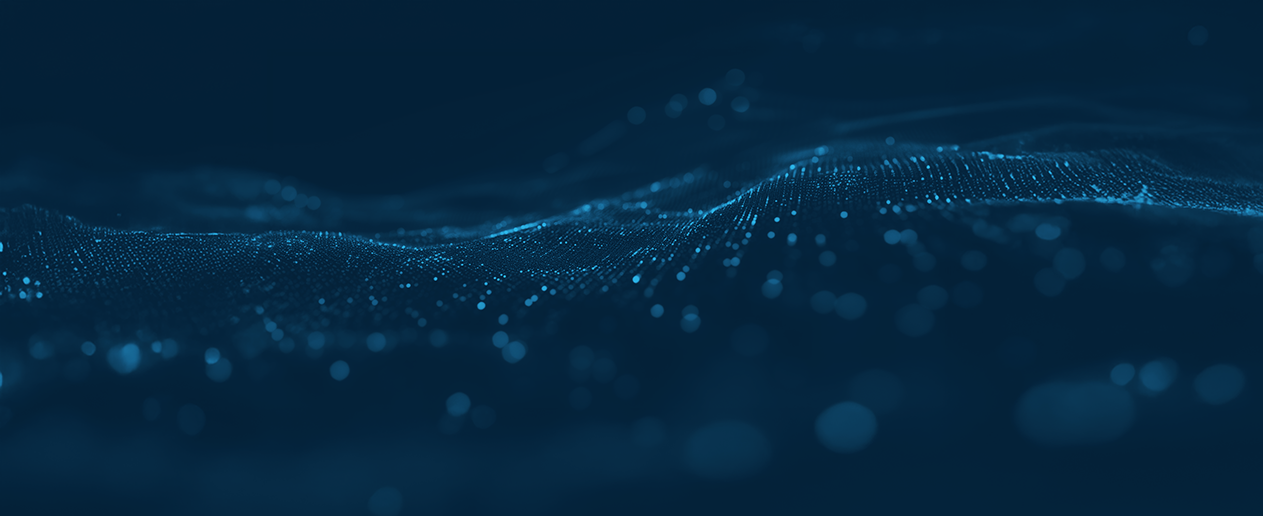
Founded in 2017, D-Lake is a French Cloud Hosting Provider and Network Operator with an internaly managed that operates a network in France and Europe with 13 datacenters on-net. We only accept peer on our main ASN AS49028.
Our peeringDB page is : ⎋ PeeringDB
The Peering Policy of D-Lake has been established to define the minimum requirements to establish a peering relation with us.
| POP | Adresse | Transit | Transport / Remote IXP | Housing | Cloud Connect | Cloud D-LAKE | |
|---|---|---|---|---|---|---|---|
 France
France
|
|||||||
| ACY01 | D-LAKE Annecy 01 3 Esplanade Augustin Aussedat, Les Papeteries - Image Factory, 74960 Annecy |

|

|

|

|
||
| DC1 | nLighten Euclyde DC1 49 Rue Emile Hugues, ZI des Trois Moulins, 06600 Antibes |

|

|

|
|||
| DC5 | nLighten Euclyde DC5 45-47 rue Francis de Pressense, 69100 Villeurbanne |

|

|

|

|

|
|
| GRE01 | EOLAS Grenoble 73 Rue du Général Mangin, 38100 Grenoble |

|

|

|

|
||
| MRS02 | Interxion MRS2 Enceinte Portuaire, Porte 4, Bâtiment MRS2, 13015 Marseille 15 |

|

|

|
|||
| PA3 | Equinix PA2-PA3 Saint-Denis 114 Rue Ambroise Croizat, 93200 St Denis |

|

|

|
|||
| PAR08 | Interxion PAR08 2 Avenue Marcel Cachin, 93120 La Courneuve, France |

|

|

|
|||
| TH2 | Telehouse Europe 2 Paris 65 Rue Léon Frot, 75011 Paris 11 |

|

|

|
|||
| VNX | SFR Netcenter Venissieux 6 - 8 Rue Georges Marrane, 69200 Venissieux |

|

|

|

|

|
|
 Switzerland
Switzerland
|
|||||||
| GV1 | Equinix GV1 Geneva 6 Rue de la Confédération, 1024 Genève |

|

|

|
|||
D-Lake has a selective peering policy. The Peers are selected based on, the AS path between Peer ASN and D-Lake ASN, capability and mutual benefit for both networks, in particular, D-Lake prioritizes content providers from the following sectors :
Peering is based on good will and will be treated on best effort only. Peering Partner must use it in accord with these principles and undertakes not to hold D-lake responsible in case of loss or damage during interruption of peering for any period of time
Route exchange are done using BGP only. We will announce the routes registered for each AS we are announcing under the as-set described in our peering DB page. Maximum prefix for IPv4 and IPv6 sessions must follow the value indicated in our peering DB page. These value can change at any moment without any warning. We recommend that our peering partner use an automatic tool to check these values and modify the parameters of the BGP session dynamically. Peering partner must never send traffic to destinations not announced by D-Lake, and so must never configure a static default route directed to D-Lake.
D-Lake announces only it’s own routes summarized and expect the same from its customers and partners. Customers IPv4 routes are announced as received, and we do not implement route aggregation for customers prefixes. IPv6 routes must be aggregated, and non-aggregated routes are dropped. We only accept routes originated by our customer AS in conformity with IRR allocations and records. We reserve the right to implement filtering based on RPKI at any time, and we expect our partners and customers to sign their route announcements now.
Filtered routes we do not accept (routes are dropped) :
RIPE/ARIN/APNIC/AFRINIC objects must be created and up to date for the routes to be accepted on our network.
The following communities can be used by peers and customers Note: These communities are evaluated on a "first match wins" basis
| Community | Local Pref | Description |
|---|---|---|
| (default) | 10000 | Customer |
| 49028:50 | 9950 | Customer Backup |
| (default) | 1750 | Peer |
| 49028:60 | 1700 | Peer Backup |
| (default) | 750 | Transit |
| 65535:0 | 5 | Graceful Shutdown |
D-Lake support the Blackhole well know community as defined in the RFC7999 65535:666 - Blackhole prefix up to /32 (IPv4) and /128 (IPv6)

The unauthorized addition of the BLACKHOLE community to an IP prefix by an adversary may cause a denial-of-service attack based on denial of reachability. Consequently, D-Lake only accepts this community from its customers, and provided that the IP(s) concerned are within the authorized and filtered scopes.
AS-Path prepending is allowed to use preferenced routes on the network
Peering Partner must have an account on PeeringDB and an up-to-date page. Our contact for a peering request are registered under the “Contact Information” session on our ⎋ PeeringDB page.